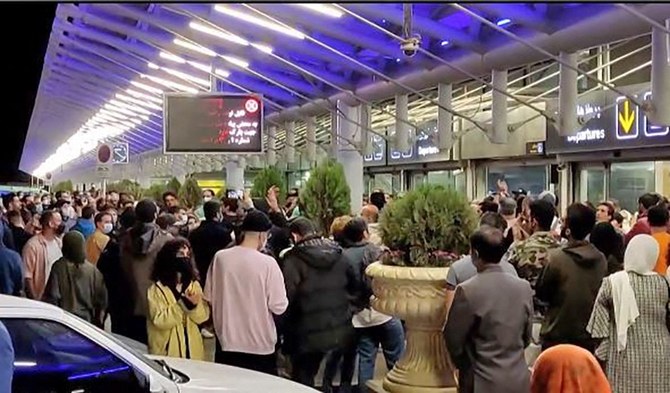The plight of Manipuri women stripped, brutally beaten and raped during one of the worst ethnic conflicts of recent times in north-east India has been pushed out of media headlines. What is hogging the limelight, instead, is the electoral success stories of the BJP beating main Opposition party – the Congress – hands down in state Assembly elections and brightening its chances of a hat-trick of winning the Lok Sabha elections a few months away. The violence heaped on the women of one ethnic group of Manipur by a section of the majority and ruling group is no isolated incident. Rape and different forms of abuse heaped on women are now recognised as a potent tool in ethnic conflicts and wars the world over.
The Indian government, in the case of Manipur, needs to wake up and act sincerely so as to rein in the perpetrators of violence on women and bring them to book. It is all the more necessary since the state government is known to have acted in a partisan manner shielding and aiding the culprits. United Nations special representative on the issue of conflict-related sexual violence Pramila Patten has, in her recent report, drawn attention of the powers that be across the world to this egregious crime against women. She has expressed concern that new waves of war’s oldest, most silenced and least condemned crime of rape and gang rape by soldiers and ethnic groups have gone up alarmingly.
It is horrifying that women’s bodies have become part of the terrain of conflict, according to a new report by Amnesty International. Rape and sexual abuse are not just a by-product of war, but are used as a deliberate military strategy, it says. War-mongers in previous centuries treated rape and plunder as war spoils, but it is being used in modern conflict as an orchestrated combat tool. Amnesty cites conflicts in Ukraine, Iran, Colombia, Iraq, Sudan, Chechnya, Bosnia and Afghanistan to demonstrate how rape has become a strategic weapon for perverted state powers and ethnic groups to intimidate adversaries. Tragedy is, even though wartime sexual violence can be curbed if commanders prohibit and prevent it, it is being widely used by warring parties and repressive regimes.
Amnesty International in its latest report revealed Iranian security forces used rape and sexual violence against women, men and children as young as 12 years during nationwide protests last year. The UN heard graphic accounts of rape and other sexual violence, including the mutilation of women’s genitals, in the 7 October attacks by Hamas in southern Israel. Some survivors of the music festival massacre testified to the crimes.
Similarly, UN experts have cited widespread reports of the paramilitary Rapid Support Forces systematically using rape and sexual violence “as tools to punish and terrorise communities” in the war in Sudan. A recent estimate suggested that about 100,000 women were raped or assaulted during the two-year civil war in Ethiopia’s northern Tigray region, majority of victims being from the Tigrayan community.
A UN report on sexual violence in Ukraine described Russian soldiers targeting victims aged from four to 80. Patten said they were using rape as a “military strategy”, though Russia denied the charges, brushing them aside as propaganda by Ukraine’s Western allies.
Survivors of such rapes face emotional torment, psychological damage, physical injuries, disease, social ostracism and many other consequences that can devastate their lives. Women’s lives and their bodies have become the unacknowledged casualties of war and ethnic conflicts for too long. The mayhem in Manipur has opened up raw wounds which will fester and rot unless and until the government at the Centre stops paying lip service to the humiliation of what authorities call “our daughters and sisters.”
